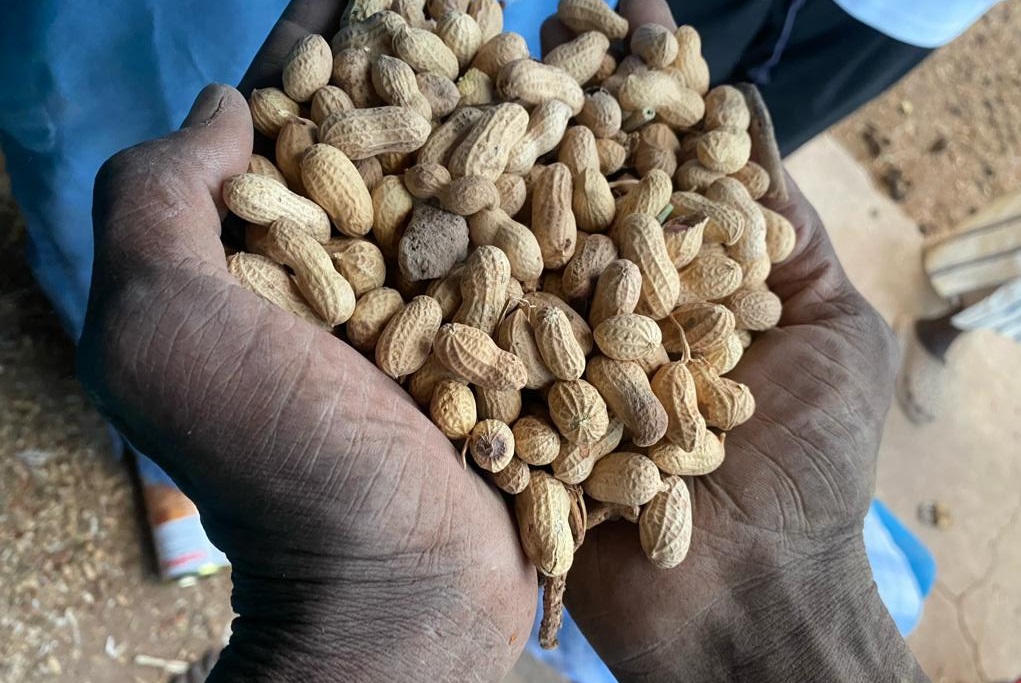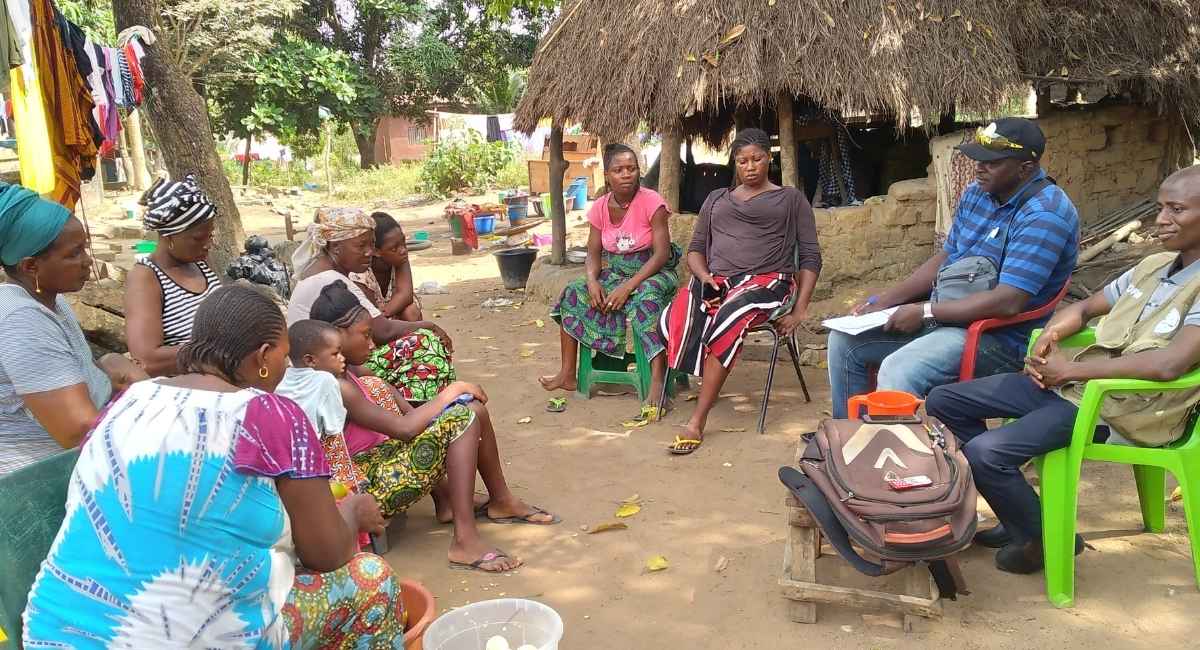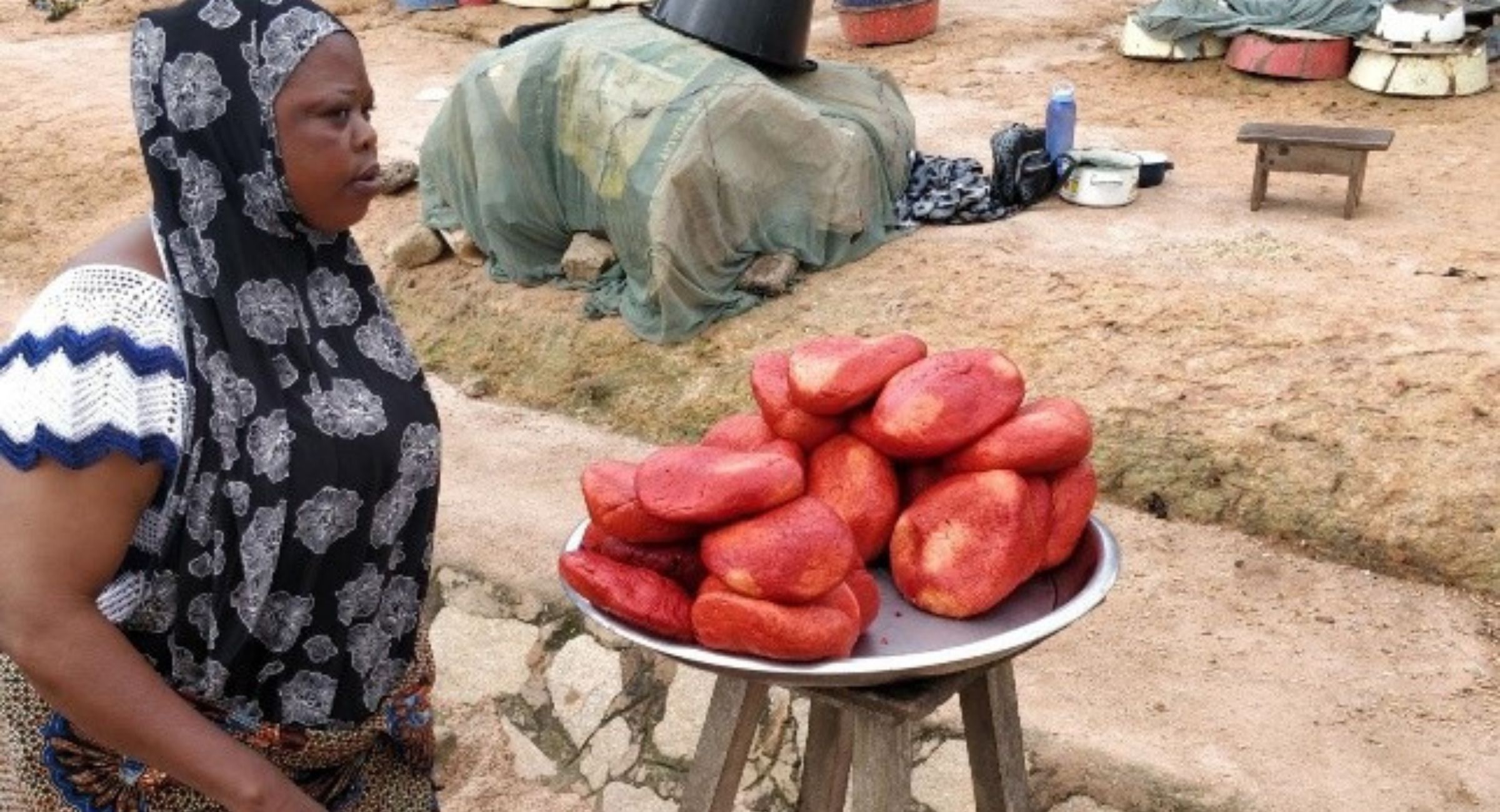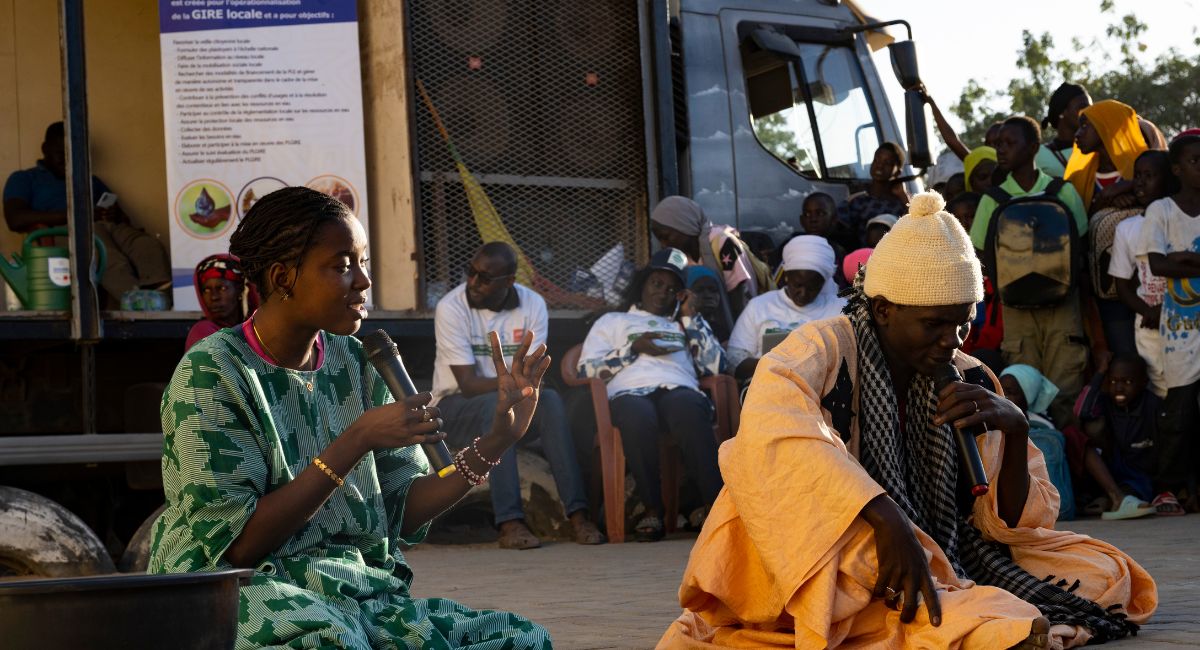The groundnut basin located in the natural region of Sine Saloum, in the centre of Senegal, accounts for 57 % of the country’s arable land. Examples of crops cultivated here are groundnut, millet, sorghum, cowpea and vegetables. Yet many farmers are struggling to supply regular quantities and quality of products, and to make a living from their activity. This is due to organisational difficulties and a lack of technical, financial and marketing services that could enable them to access remunerative markets.
To address these needs, Humundi and GRET are providing support to farmers’ organisations in the groundnut basin as part of the Opess[1] project. To ensure that farmers have more promising market outlets and real economic stability, the project is putting farmers’ organisations in contact with each other and facilitating contractual arrangements between the latter and agrifood businesses in the territory.
Three umbrella farmers’ organisations and their members are being supported in the Kaffrine, Mbirkilane and Guinguinéo departments: the Kaffrine region farmers’ association (ADAK, which is also a partner in the project), the Ngathie Groundnut central purchasing office (CAA) and the Mabo Local cereal producers’ network (RPCL).
More competitive, autonomous farmers’ organisations…
The project’s primary objective is to strengthen the capacities of farmers’ organisations from the bottom up (umbrella organisations), so that they can acquire greater autonomy and become more competitive. In particular, the project is helping these structures to implement better internal organisation and robust governance, to develop services for their members and manage their resources more efficiently, notably financial resources.
For umbrella organisations, this support is delivered through training on governance and leadership, and assistance with implementing technical and economic services for their members: advice on production, collective management of seeds and agricultural equipment, processing, etc.The project is facilitating access to appropriate funding – essential for the development of farmers’ organisations – via microfinance institutions.
To improve quality and increase the agricultural product bundle, a seed stock management programme was set up and is regularly monitored for each production and marketing campaign. The project is also providing support to improve production and processing practices, and ensure compliance with businesses’ specifications.
…fully included in initiatives in their territory
Local consultation is encouraged to promote collaboration between farmers’ organisations and other stakeholders in the value chains they work with. This favours resolution of common problems and coordination of efforts. Making contact with agrifood businesses – potential clients that could purchase the products supplied by farmers’ organisations – and discussions on market conditions (price, quality and regularity of supply) is facilitated within these spaces.
A local framework for exchanges on “seed” groundnut was set up in Kaffrine, and it is currently being formalised. A best practices guide is also being revised by the National cowpea inter-professional organisation to ensure better quality and safety for consumers.
ADAK, an experienced farmers’ organisation
While the project is coming to an end, ADAK was able to secure several funding contracts with microfinance institutions, for approximately 100 million CFA francs covering the last three agricultural years. These resources enabled the organisation to develop joint marketing activities.
Thanks to collective management of two groundnut shellers, ADAK also valorised a new by-product: semi-processed groundnut. Having made itself familiar with the results of dedicated market research and entered the local consultation process in Kaffrine, the organisation was able to gain better understanding of constraints related to marketing of seed groundnut. Discussions undertaken in this process also enabled more equitable contracts to be signed with a local agrifood business.
Today, ADAK is continuing to explore how to further diversify remunerative market outlets and thereby ensure higher incomes for its members.
“We have transformed our organisation and opened up new opportunities for our members. We are proud to contribute to the growth of local agriculture“, says Balla Gaye, chairperson of ADAK.
[1] The project entitled “Farmers’ organisations creating new partnerships with businesses in the Sine Saloum” is being rolled out by Humundi (formerly SOS-faim Belgique) in collaboration with GRET and ADAK. This initiative is funded by Enabel for a period of 30 months (May 2021 – November 2023).





